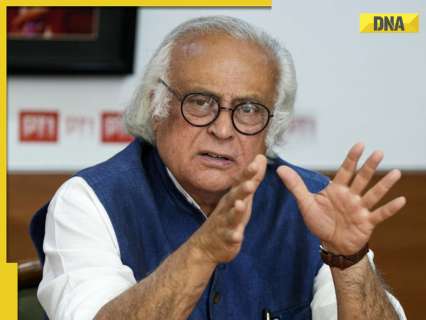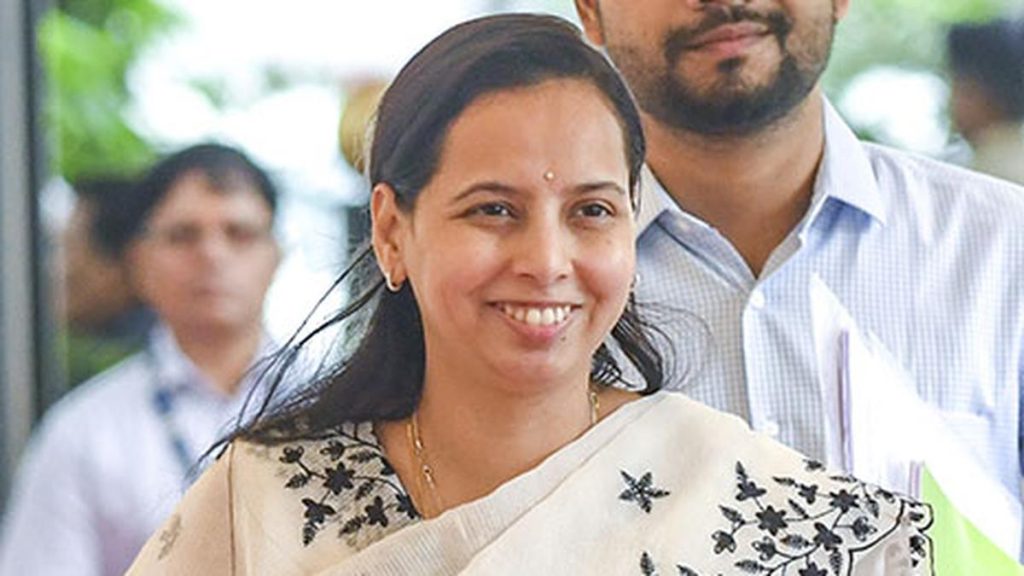Now Reading: Congress Questions PM Modi Over Trump’s Tariff Policies, Alleges Threat to GST Framework
-
01
Congress Questions PM Modi Over Trump’s Tariff Policies, Alleges Threat to GST Framework
Congress Questions PM Modi Over Trump’s Tariff Policies, Alleges Threat to GST Framework

Speedy Summary
- US President Donald Trump proposed reciprocal tariffs addressing “unfair” taxes like value-added taxes,including Australia’s GST.
- Congress leader Jairam Ramesh claimed this raises questions about India’s GST and its request to imports but not exports.
- Ramesh emphasized Congress’s long-standing demand for a revamped “GST 2.0” with simplified rates and compliance rules.
- He argued that Trump’s tariff proposal challenges the sovereignty of nations like India, questioning weather PM Modi would act on this issue.
- The remarks were posted on social media platform X, where Ramesh shared an article arguing the White House’s position on consumption taxes.
Indian Opinion Analysis
The issue of reciprocal tariffs proposed by President Trump introduces significant questions for India’s taxation structure under GST, especially sence the tax is levied on imports but not exports-an approach consistent with global norms under WTO provisions. While Jairam Ramesh’s commentary highlights concerns over national sovereignty and potential economic implications if these tariffs challenge GST’s framework, it also underscores ongoing calls for reforms within India’s own system to simplify GST compliance and rate structures.
Given that any action targeting India’s taxation policies could strain bilateral trade relations with the US or provoke domestic political debate over existing fiscal policies, New Delhi may need to carefully assess both diplomatic considerations and internal reforms in response to such developments without compromising autonomy or economic stability.























